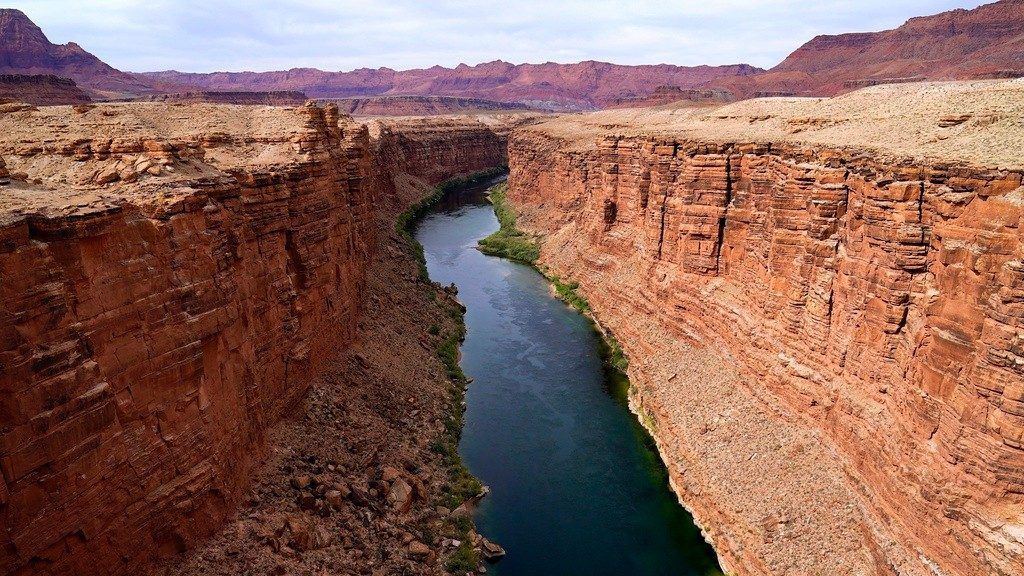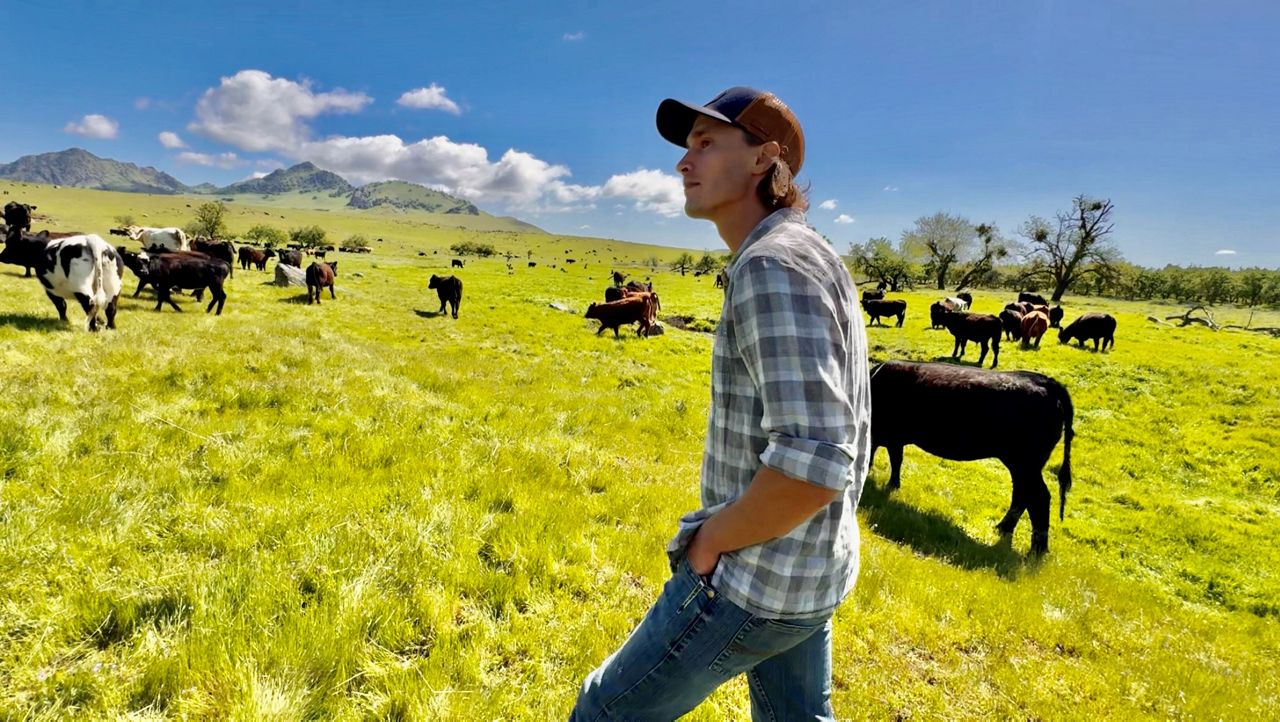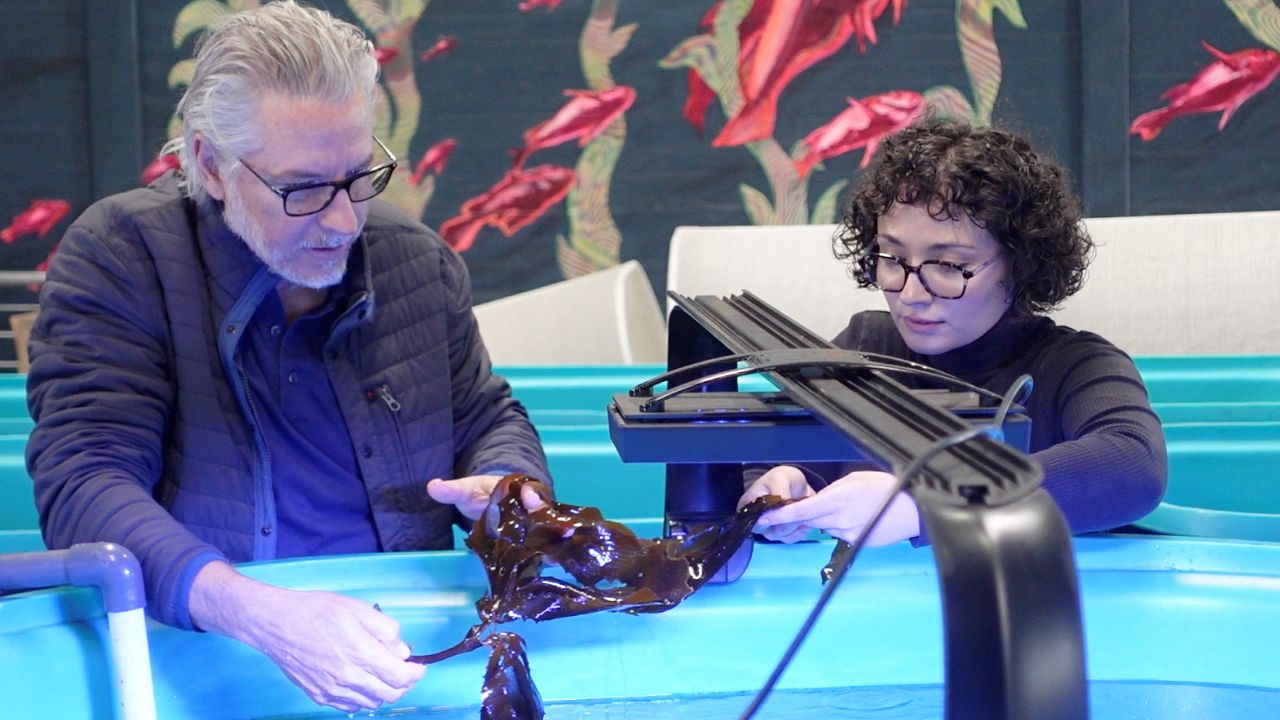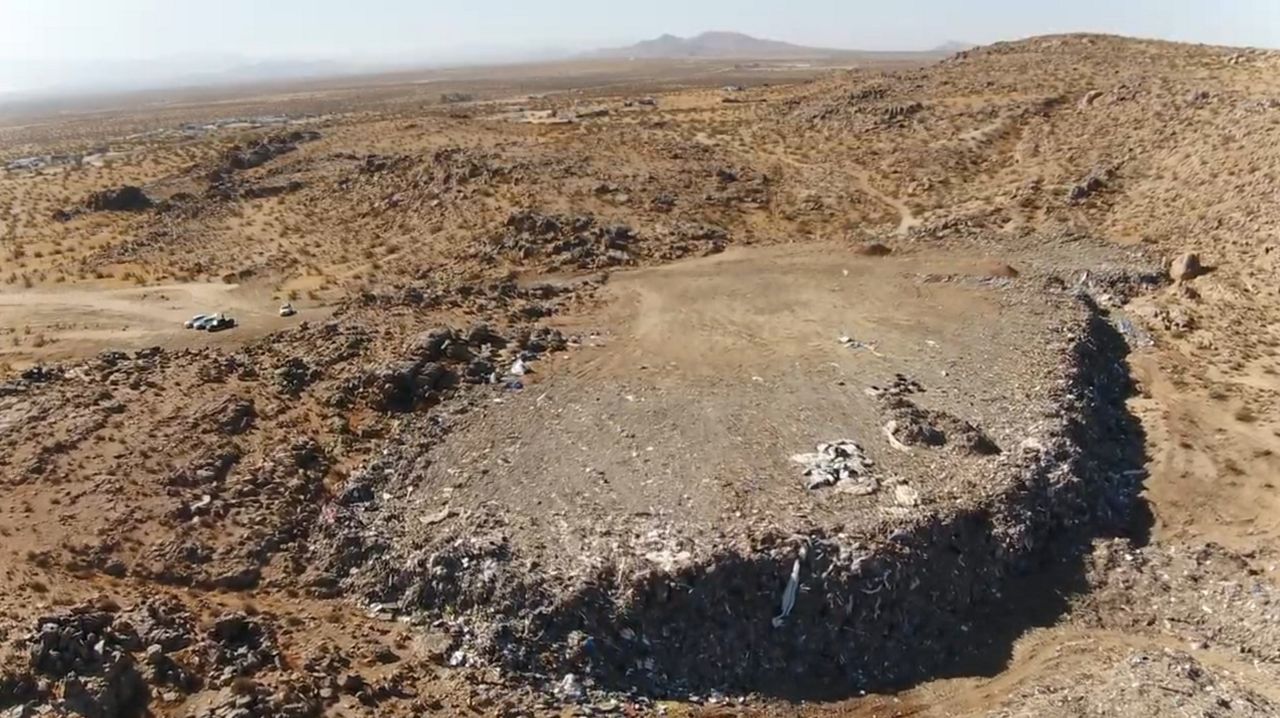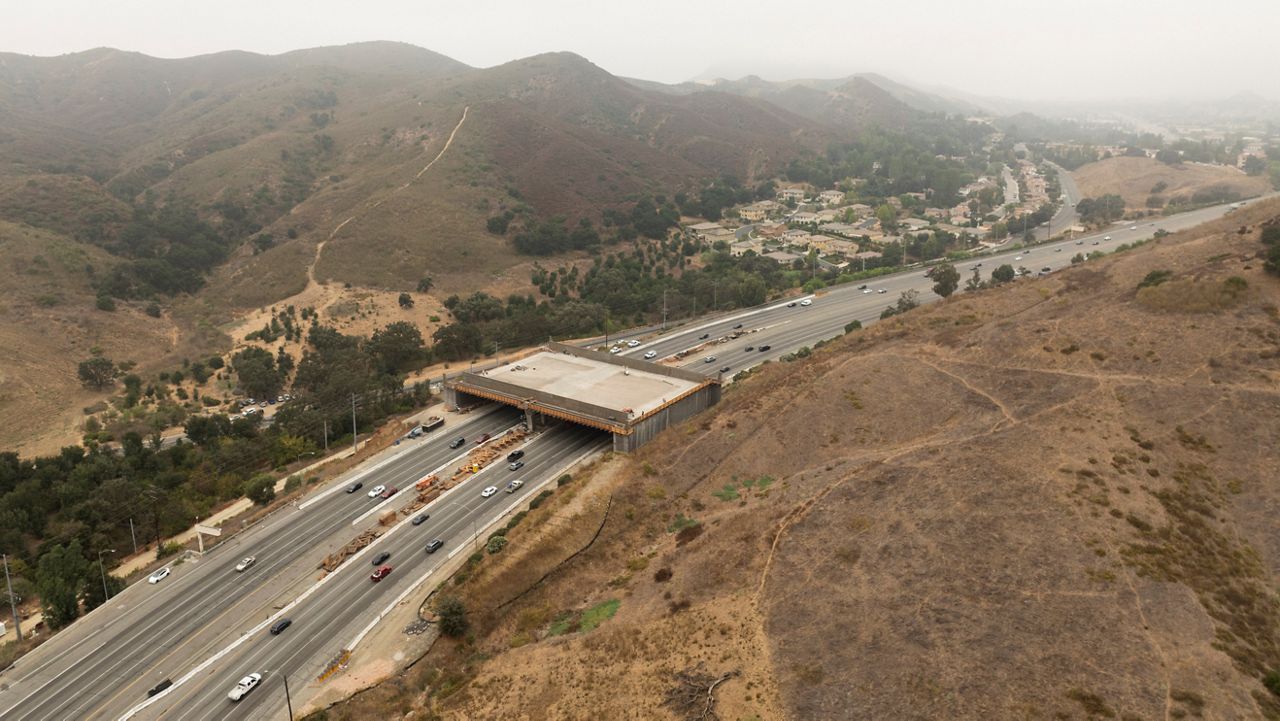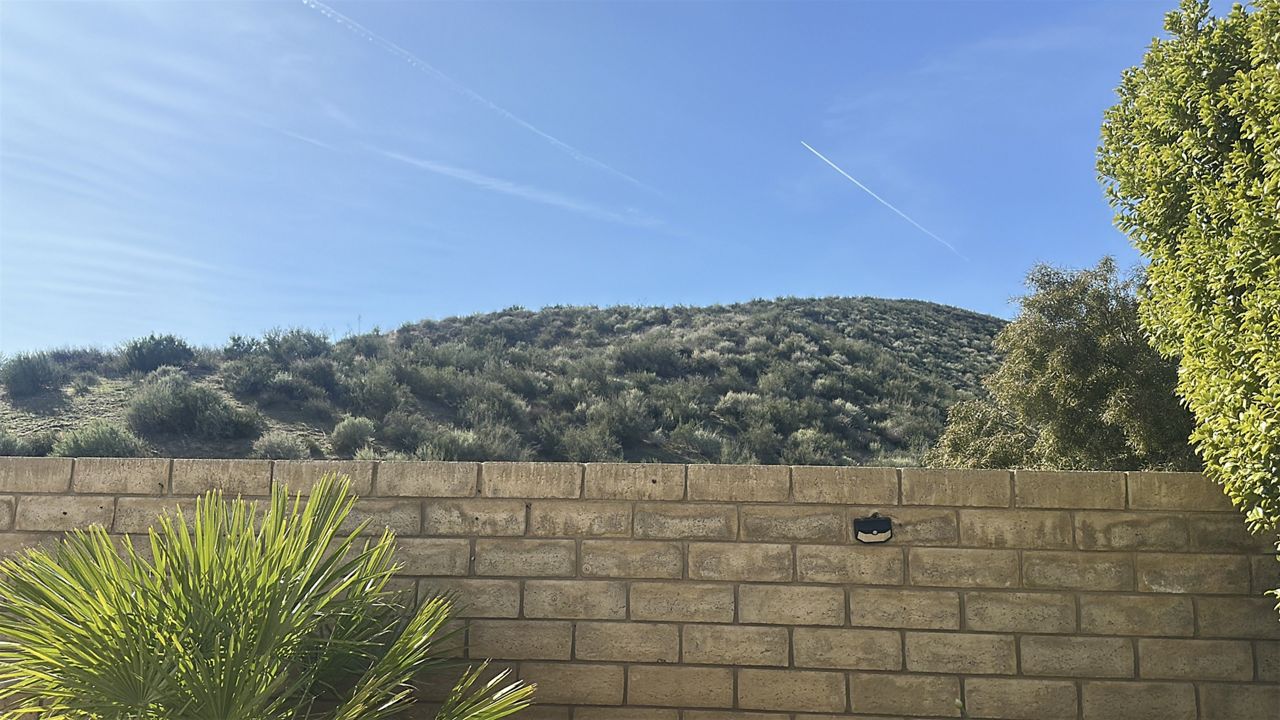LOS ANGELES — Despite persistent concerns about drought in the southwestern United States, the seven states that pull water from the Colorado River only recycle a small percentage of wastewater, squandering an opportunity to dramatically ease the regional water crisis, according to a UCLA study released Wednesday.
According to the report by UCLA and the Natural Resources Defense Council, only 26% of treated municipal wastewater is recycled by the seven states that rely on the river, with Colorado, Wyoming and Utah recycling less than 4%.
Nevada has the most robust wastewater recycling program, reusing 85%, followed by Arizona at 52%. The report's authors noted that despite California having the nation's most comprehensive regulations in support of water recycling, it recycles only 22% of treated wastewater.
"We're facing a hotter, drier future, and we need to pursue water recycling aggressively if we're going to ensure a sustainable, resilient water supply for the Colorado Basin," author Noah Garrison, a water researcher at UCLA's Institute of the Environment and Sustainability, said in a statement. "Even recycling 40% of our wastewater could make a dramatic difference, and we have two states already above 50%, showing this is an entirely feasible solution."
The report was based on 2022 data from publicly owned treatment plants that process more than 1 million gallons of wastewater per day in the seven Colorado River-reliant states — California, Colorado, Wyoming, Utah, Arizona, New Mexico and Nevada. Researchers noted, however, that there was a lack of easily accessible regional data on the reuse of wastewater, forcing them to "call treatment plants one by one across several states" to track progress.
"It's almost shocking how little information is available on how much water is being recycled or what recycled water is being used for," Garrison said. "There is a tremendous opportunity to expand recycled water use, but the lack of adequate data is a significant barrier for increasing wastewater reuse."
Researchers said a variety of issues contribute to the problem, including outdated infrastructure, while also noting a lack of federal standards for reuse of wastewater and a failure by many states to track where treated wastewater goes. The report noted that California provides such data in an open data portal, but in states like New Mexico, data could only be obtained by contacting individual treatment plant operators.
"Management of Colorado River water supplies has been proven unsustainable for decades due to climate change and a federal government unwilling to make all states live with less water from the river," Mark Gold, director of Water Scarcity Solutions at the Natural Resources Defense Council and a UCLA adjunct professor, said in a statement.
The study's authors called on the U.S. Environmental Protection Agency to work with states to set recycling targets and create standardized reporting protocols, while also developing model water-recycling ordinances for states to enact.
According to the report, if the seven states drawing from the Colorado River would recycle 40% of wastewater, it would make available nearly 900,000 acre-feet of water supply annually, enough to supply nearly 2 million homes. That figure would climb to 1.3 million acre-feet a year if the recycling rate rose to 50%.
"Water reuse won't solve the Colorado River crisis alone," Garrison said. "But it's one of the few solutions available today that can be rapidly scaled and sustained over the long term."





